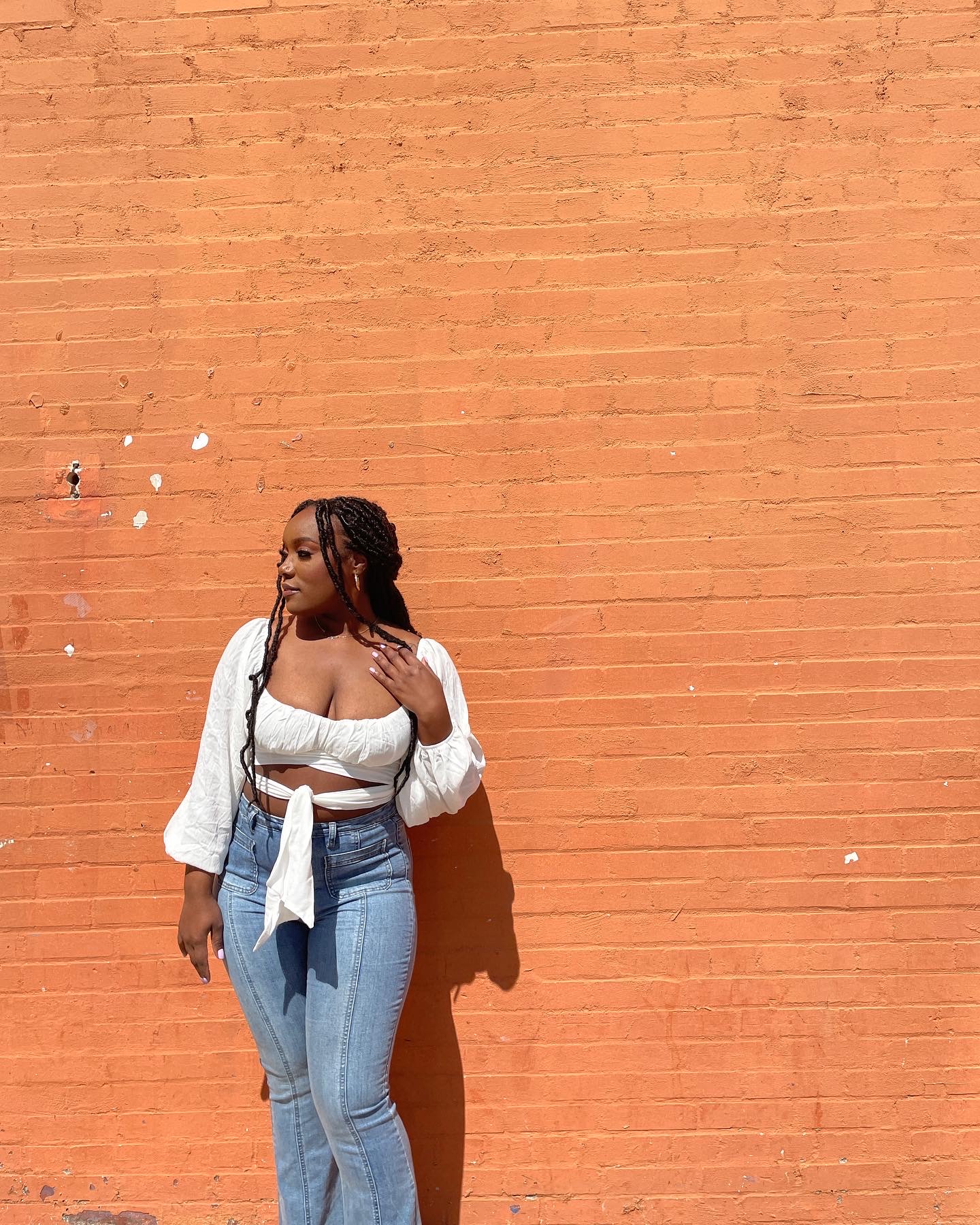Why Listening Non-Judgmentally is Important relating to Mental Health
- vivilash23

- Jan 16, 2023
- 3 min read
Updated: May 18, 2024

We all want to be able to confide in someone and know that they are giving us their full undivided attention, meaning no distractions like checking your cell phone. Non-verbal gestures help with this as well, by facing towards them, making eye contact, occasional nodding here and there, and so forth. Back when I thought I wanted to become a therapist for the very reason of exemplifying the essence of having the ability to listen, in my dorm room, I recorded a video via snapchat in which I was giving tips for the person on the receiving end of someone venting. What I suggested was listening non-judgmentally and pointed out that maybe the person is not seeking to receive advice but to be heard. As I like to put it, it’s a practice of releasing emotion that has been built up, similar to crying. Do you feel better after shedding tears? Whenever that happens to me, in the end I tell myself that it was needed. Nothing more, nothing less.
Last month, I became certified as a Mental Health First Aider, thanks to my graduate program, it was required to attend an inter-professional event of our choosing and I chose this one. In training, there's more in-depth context regarding mental health but in particular I thought I start off Mental Health Awareness month with this subject, listening non-judgmentally as it is an essential to the Mental Health First Aider and in lieu of this month, I wanted to share some insight of what I further learned.
It's essential to disregard any judgments about said person or their current circumstances but also to avoid expressing it. "Most people experiencing distressing emotions and thoughts want to be heard before being offered helpful options or resources.". It's spread across media that there are people that view vulnerability as a weakness and may fear opening up due to that. It's no pressure to force someone to talk to you but what you could let them know is that whenever they are ready, you're available. The objective of listening non-judgmentally is allowing yourself to fully understand what is being said to you, provide a safe space for the other person to express themselves freely without judgment and notably, respect.
During undergrad when I had my own therapy sessions, I learned something that have always stuck with me. Using "I" statements. "I feel that there has been something going on with you lately" but of course in a tone that is non-judgmental. It's important to ask questions but again, we don't want to force anything. Being present with them without comparing to your own experience. Now, that is a good one because I see conversations about that specifically, so it was reassuring to learn that in this moment, it's not about you. Last but not least. Key attitudes of listening non-judgmentally are acceptance, genuineness and empathy. (Information below is referenced in the Mental Health First Aid manual)
"Acceptance, an attitude of acceptance means respecting the person's feelings, culture, personal values and experiences as valid, even if they are different from your own or you disagree with them.
Genuineness means not holding one set of attitudes while expressing another. Your body language and verbal cues should show your acceptance of the person.
Empathy means being able to imagine yourself in the other person's place. showing the person, you understand."
5 Tips for listening non-judgmentally:
Have patience if the person is having a difficult time expressing themselves
Avoid giving unhelpful advice like "cheer up".
Avoid confrontation like arguing or fighting with the person
Ask questions that show you genuinely care and want to understand
Do not interrupt the person when they are speaking, especially to share your opinion or experiences.
I hope this helps!
With love,
Vivion Lashon



Comments